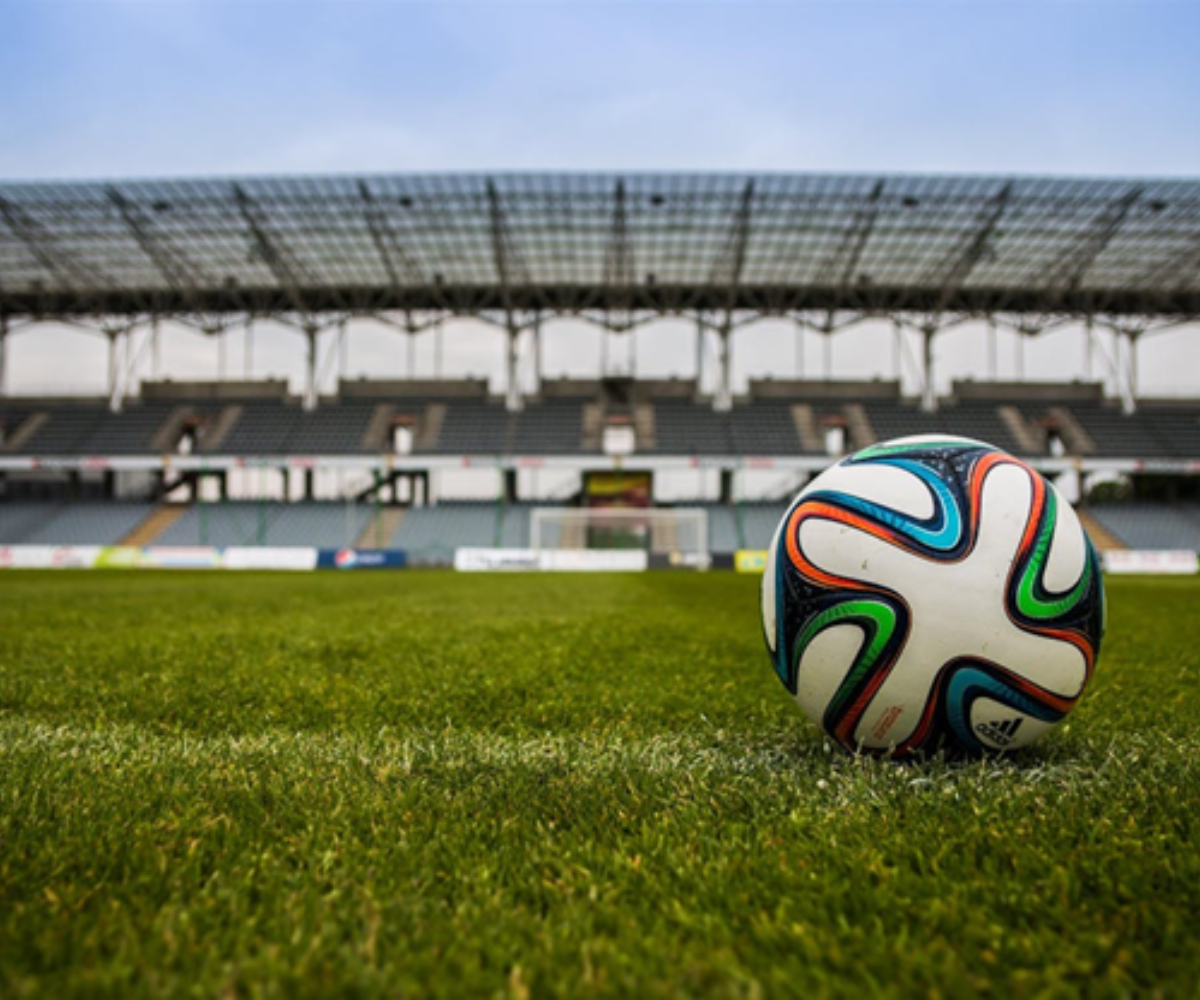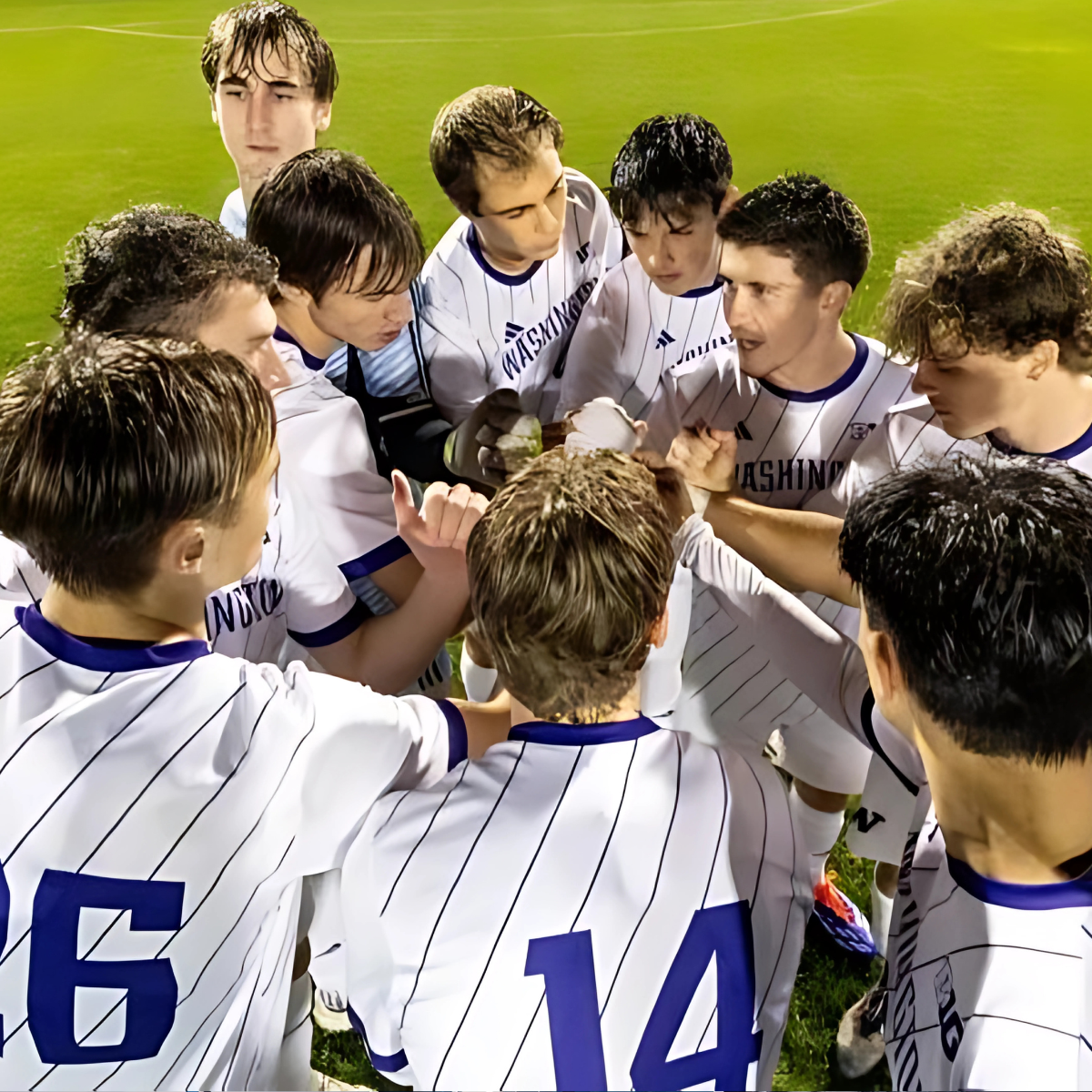How Does the Concept of Collective Efficacy Influence Team Performance?
Collective efficacy is defined as a group's shared belief in its ability to organize and execute the actions required to achieve specific goals. This concept, rooted in Albert Bandura's theory of self-efficacy, plays a critical role in team dynamics and performance across various sports. Understanding how collective efficacy influences team performance can provide valuable insights for coaches and athletes aiming to enhance their success.
The Importance of Collective Efficacy in Team Sports
- Motivation and Effort: Teams with high collective efficacy are more likely to exhibit greater motivation and commitment to their goals. When team members believe in their collective capabilities, they are more inclined to invest effort into training and competition. This shared belief fosters a sense of responsibility among athletes, encouraging them to work harder for the team's success.
- Persistence in Adversity: High collective efficacy equips teams with resilience when faced with challenges or setbacks. Teams that believe in their ability to overcome obstacles are more likely to persist through difficult situations, such as trailing in a game or dealing with injuries. This resilience can be crucial for maintaining performance levels during high-pressure moments.
- Enhanced Cohesion: Collective efficacy contributes to stronger team cohesion by fostering trust and collaboration among members. When athletes feel confident in their collective abilities, they are more likely to communicate effectively and support one another during competitions. This enhanced cohesion can lead to improved teamwork and coordination on the field or court.
- Improved Performance Outcomes: Research consistently shows a positive correlation between collective efficacy and team performance. Teams that exhibit strong collective efficacy often achieve better results compared to those with lower levels of shared belief in their capabilities. This relationship underscores the importance of psychological factors alongside physical skills in determining success in sports.
- Influence on Individual Performance: Collective efficacy not only impacts team dynamics but also enhances individual performance. Athletes who feel part of a capable team are more likely to perform at their best, as they draw confidence from the group's shared belief in success. This interplay between individual and collective efficacy creates a virtuous cycle that benefits overall performance.
Read: What is decision fatigue and how can athletes manage it during competitions?
Strategies for Enhancing Collective Efficacy
To optimize collective efficacy within a team, coaches and athletes can implement several strategies:
- Set Clear Goals: Establishing specific, measurable goals for the team helps create a shared vision of success. When all members understand what they are working towards, it strengthens their belief in the team's capabilities.
- Encourage Open Communication: Fostering an environment where team members feel comfortable sharing thoughts, concerns, and feedback enhances trust and cohesion. Open communication allows athletes to express their beliefs about the team's abilities and discuss strategies for improvement.
- Celebrate Achievements: Recognizing both individual and team accomplishments reinforces the belief that success is attainable. Celebrating milestones boosts morale and strengthens the team's collective efficacy by highlighting their capabilities.
- Promote Team-Building Activities: Engaging in team-building exercises can enhance interpersonal relationships among athletes, fostering a sense of unity and shared purpose. These activities help build trust and strengthen emotional connections within the group.
- Model Confidence: Coaches play a crucial role in shaping collective efficacy by modeling confidence in their team's abilities. By demonstrating belief in the team's potential and providing constructive feedback, coaches can influence athletes' perceptions of their collective capabilities.
- Provide Opportunities for Success: Structuring practice sessions and competitions to allow for achievable successes can help build confidence over time. Gradually increasing the difficulty of tasks enables teams to experience small victories that reinforce their belief in collective efficacy.
The concept of collective efficacy significantly influences team performance in sports by enhancing motivation, persistence, cohesion, and overall outcomes. By fostering an environment that promotes shared beliefs in capabilities, coaches and athletes can optimize their team's potential for success.
Implementing strategies such as setting clear goals, encouraging open communication, celebrating achievements, promoting team-building activities, modeling confidence, and providing opportunities for success will strengthen collective efficacy within teams, ultimately leading to improved performance on the field or court. Understanding the psychological dynamics behind collective efficacy is essential for any athlete or coach seeking to maximize their team's effectiveness and achieve their competitive aspirations.
Read: How does the concept of implicit bias affect judging in subjective sports?







%20(1200%20%C3%97%20232%20px)%20(9).png)









.png)

